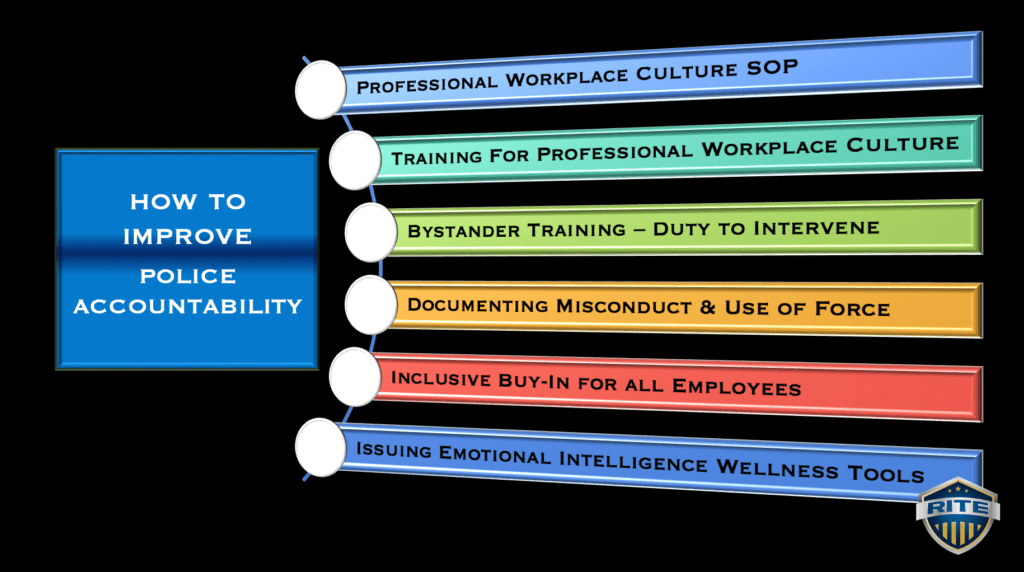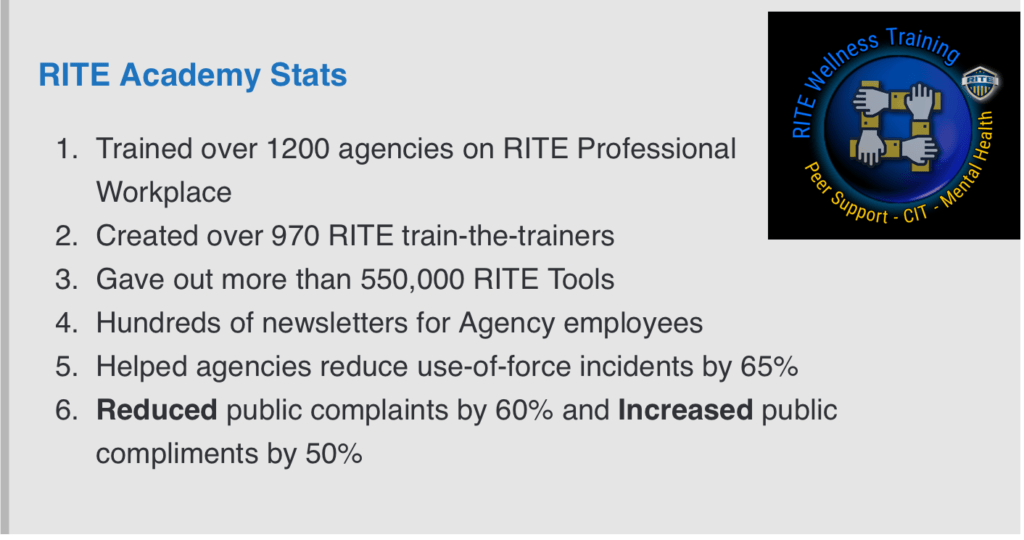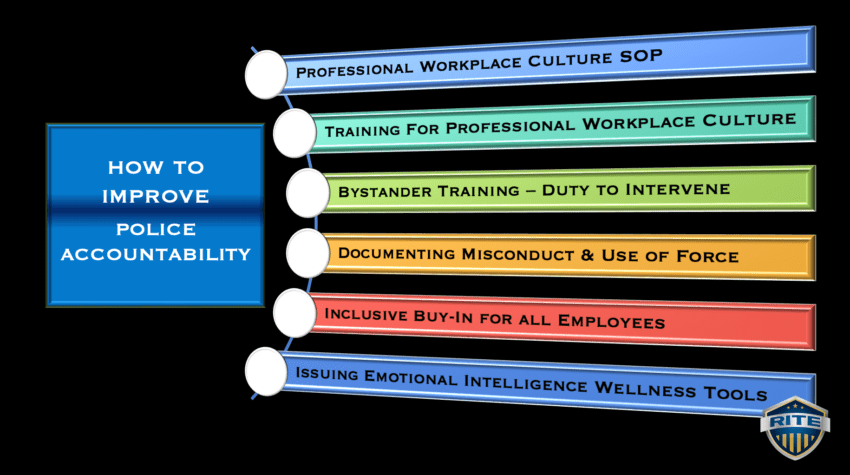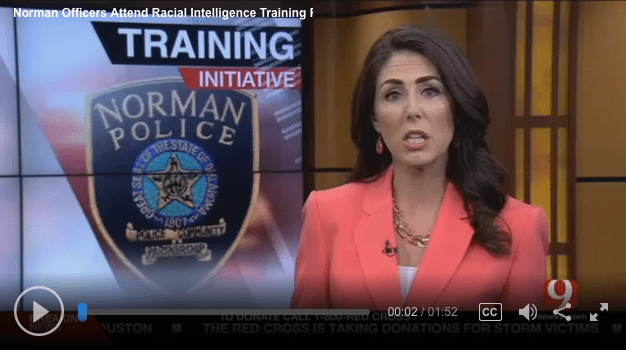Since the 2020 George Floyd incident, there has been much discussion regarding Police accountability culture. It’s a delicate balance to reduce misconduct, while improving agency culture and officer wellness.
New Chiefs, City Managers, and Mayors SAY they will make changes, yet gross misconduct is reported every day.
If there is no accountability culture engrained into every fiber of your organization, gross misconduct will occur at some point… and it will negatively make the news.
Accountability Culture?
The way agency policies are enacted and enforced, incorporating a consistent unified culture with measurable standards is where accountability culture starts.
It is the measurable metrics for how an agency can factually show their departmental culture is being consistently utilized daily through every rank within the agency. It goes beyond policies, documentation, and enforcement, and making sure the culture of every employee inside the agency followed throughout their workday.
3 Culture Breakdowns:
1. Spreads Rumors and Allows Toxic Behavior
Ask employees inside your agency how much time is wasted on negative banter in the workplace, and most say 50% or greater.
This is an unacceptable culture, yet rarely addressed. It’s a constant negative loop that effects everyone inside the organization.
The Officer who didn’t get promoted… is still talking about it 5 years later.
2. Use of Profanity
Most agencies have a clause within their professional conduct standard operating procedures, that states, “officers while engaged with the public cannot use profanity.”
However, if you use profanity during normal banter with friends, family, and co-workers, you’ll use it during an escalated use-of-force situation when dealing with the community.
When various ranks use profanity in the workplace, this becomes an acceptable culture within the agency.
3. Sweeping Misconduct Under the Rug
As time passes you spend more time listening to toxic co-workers. You can feel something isn’t right, and you are changing for the worse.
The seasoned supervisor that doesn’t care to make change or to help others, tells you…
“Suck it up Buttercup, deal with it!”
“Misconduct will never happen inside this agency” said the Police Chief. Yet when misconduct occurs, they resign, and walk away with full benefits. The city is left to clean it up.
Getting bad press, million-dollar lawsuits, community distrust, and negative media attention, all adds up to low morale and losing good employees.
When an Officer’s gross misconduct leads to jail time, their own lives are at risk, like Dereck Chauvin getting stabbed multiple times while in prison. This is a vicious cycle… and saying it will never happen is only taking a blind eye, while failing to improve an agency’s accountability culture.
You can’t take back 19 seconds!
It is always easier to say it will never happen, only to take a blind-eye to the one person in the agency that is a ‘ticking time-bomb cop’. Every agency has those few officers that ramp up police calls, find a way to get around police protocols, while endangering their zone partners because they just happen to roll up on the call.
How many times have you said, I wish I had just stayed home today, because of something stupid or unethical you witnessed from a co-worker. Many innocent public servants have lost their job and gone to jail with that Officer that conducted the misconduct.
Improving Department Culture:
As Police Executives, we know there must be more emphasis placed on improving the very fiber of their agency’s culture. Every employee inside the agency needs to know what that culture is, while agreeing to help enforce a professional workplace culture.
Professional workplace culture goes beyond your wellness programs, peer support groups, and mental health advocates. These programs are useless if you don’t show a consistent professional workplace culture that everyone follows.
If you take a poll within your agency…
Would most employees say your agency culture is a positive or negative one?
Part of having a Professional Workplace Culture means implementing accountability standards to measure your agency cultural guidelines. The best way to boost morale is to show you care by taking action steps.
6 Accountability Culture Action Steps:
- Professional Workplace Culture Guidelines (Add to SOP)
- Training to improve a Professional Workplace Culture
- Bystander Training Duty-to-Intervene to Step In, Tap Out, Take Over
- Documenting misconduct & Use of Force
- Inclusive ‘buy-in’ (Pledge) for all employees to build the culture
- Issuing Cultural Accountability EI Tools to every employee

It is not just about having a professional workplace culture policy and doing one-and-done check the box training. Most handouts will get thrown out just after class, and most won’t remember must or CARE about it.
Inclusive Buy-In is the key to success. When all employees pledge to do their part, the culture will strengthen.
RITE’S cognitive imprint tools help employees improve the professional workplace and accountability.
About RITE Stats

RITE agency tools include employee tool kits, training banners, departmental posters throughout the agency, roll call reminder cards, and monthly newsletters to employees.


